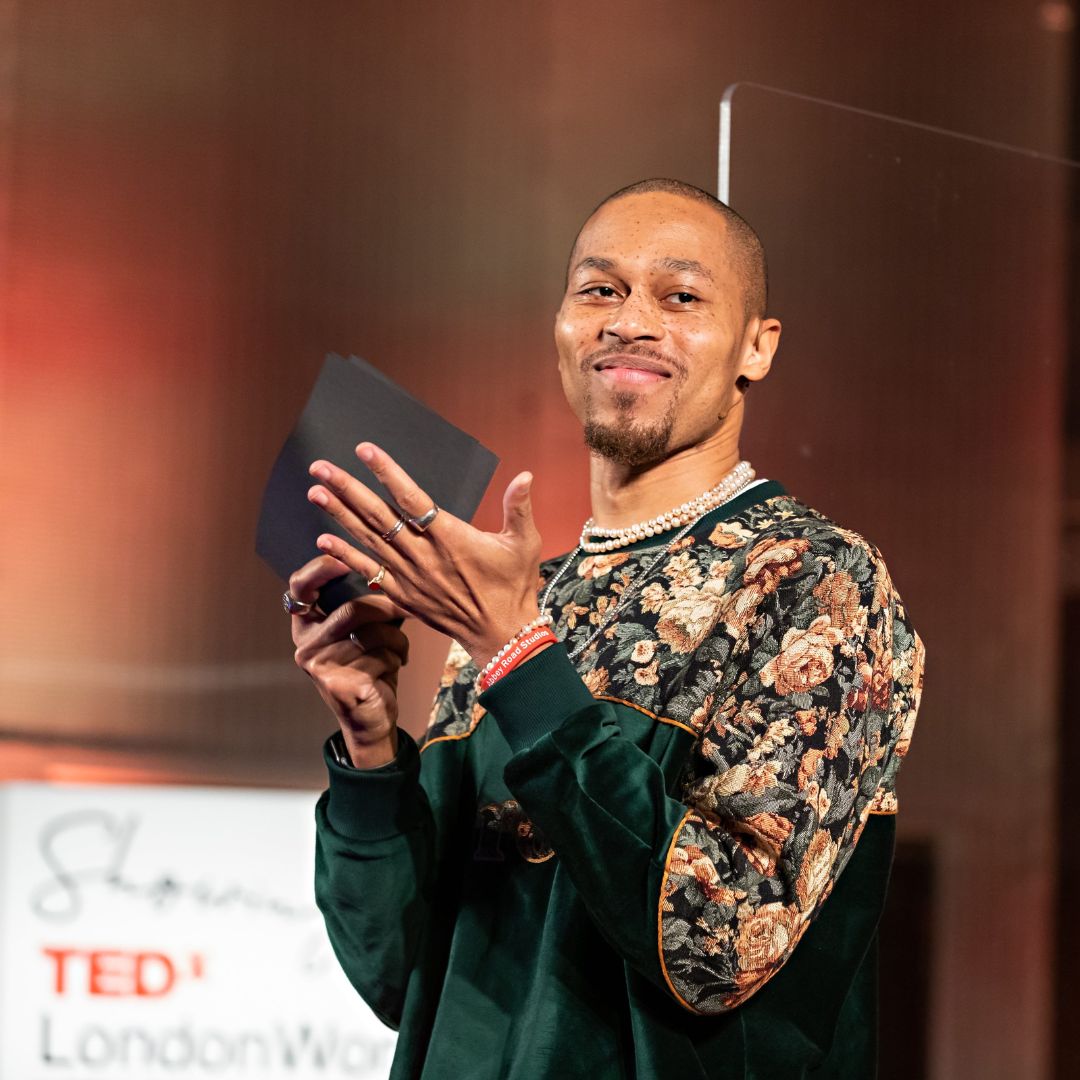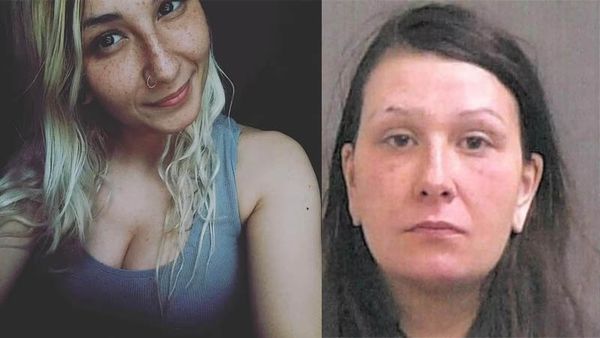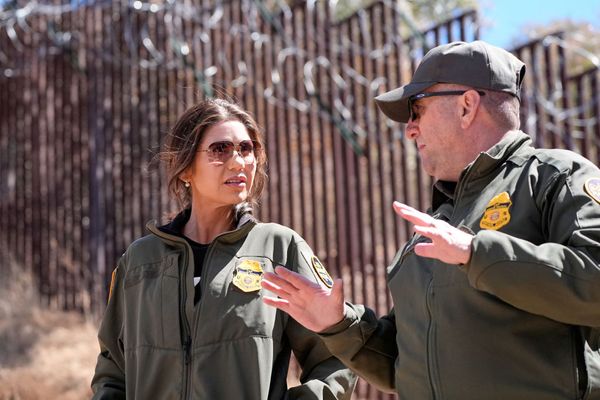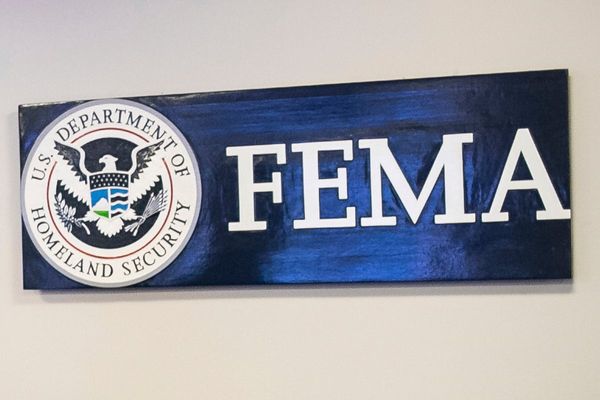
Ben Hurst on the importance of rethinking masculinities and why the patriarchy and traditional gender roles damage men as well as women.
There’s a growing gender divide, and the youngest generation is getting caught in the crossfire. Earlier this year, a UK study revealed a troubling trend—one in six men aged 16-29 believe feminism has done more harm than good, while one-fifth of respondents viewed Andrew Tate favourably, sparking debates about whether decades of feminism are being undone.
In America, Google searches for “4B”—a radical feminist movement which sees women swearing off men entirely—surged by 450% after young men decisively voted for Donald Trump. The 4B movement has gained traction in the UK, too, with women turning away from men in response to a growing sense of mistrust. It feels like men and women are more divided than ever, leaving many wondering what it will take to bridge the gnawing gap.
Empathy is one answer, suggests Ben Hurst, an activist, educator, and TEDx Talks speaker. Hurst is the Director of Facilitation at Beyond Equality, a UK-based organisation that engages men and boys in the gender equality conversation. He says we need to rethink masculinity and address the ways traditional gender roles harm men as well as women. “There are things we assume everyone should see the same way we do,” Hurst explains, “But based on positionality, everyone’s experiences and frameworks for understanding are different.” He believes that creating a space where men feel safe to explore these differences without fear of judgment is critical to beginning to bridge the gap.
A huge part of his work is about holding space for people to have differing opinions. Thanks to the internet, it’s never been easier—or more deliberately enticing—to live in our own echo chambers, but cancel culture can fuel divisions and force people further into their beliefs.
For young boys and men today, a lot of these beliefs are being shaped by the influence of the ‘manosphere’—an online subculture that promotes anti-feminism and hyper-masculine ideologies.
Men are suffering from loneliness and one of the big things that comes out of this online world is that the narratives are so confusing and so contradictory
Ben Hurst
“We can safely assume that most young people, to varying extents, have come into contact with it—whether that’s through TikTok, a Reddit forum or something deeper like Andrew Tate’s War Room,” explains Hurst. His work isn’t necessarily about countering the ideas being spouted online but giving young men and boys the tools to critically analyse these messages. “A lot of our work is about allowing young people to talk about what they’re experiencing, what’s coming up for them and what they’re seeing and then learning how to critique it and how to be more media literate.” It’s slow work, he says, but crucial for helping males untangle themselves from the contradictory and isolating messages about gender and relationships that they’re bombarded with.
“Men are suffering from loneliness and one of the big things that comes out of this online world is that the narratives are so confusing and so contradictory,” says Hurst. Young men are being told they shouldn’t need anyone, that asking for help is weak, and that their struggles are the fault of women. “I think all of that stuff leads to a real sense of loneliness and a real sense of isolation.”
Every man that you have a conversation with who changes their perspective has a massive ripple effect throughout their life and their community
Ben Hurst
Although men are often thought of as beneficiaries of patriarchal systems, Hurst points out that these systems harm men, too. “Men are the primary victims of men’s violence, and boys are falling behind in education.” Yet instead of examining the structural causes, many men just blame women when the reality is, that these systems were built to benefit a small subset of men—most men aren’t beneficiaries in the way they think they are. Before they can become allies, Hurst explains that men first have to understand how these rigid gender roles impact their own lives. “There’s a lot of work to be done to help guys understand without using the language of social justice and systemic oppression.”
Hurst’s work focuses on creating spaces where men feel safe, seen, and heard—it’s this, he argues, that helps them see that masculinity varies from person to person. Only then can they start to unpack the impact of patriarchal systems on people who fall outside of their experiences. This empathy-building is slow work, but he remains hopeful. “Every man that you have a conversation with who changes their perspective has a massive ripple effect throughout their life and their community.”
As Beyond Equality reaches its tenth anniversary, Hurst is looking towards the future of male allyship. He’s wary of the “false narrative being spread”, which is that if male emotional literacy is solved, everything else will be resolved. Male emotional literacy is the by-product of a broken system, he argues, “This means that at some point, it’s gonna have to be more than just teaching men that it’s OK to cry.”
For now, the big thing is getting more people to understand the work and what role it has in society. What Hurst wants is collaboration, it’s the only way he can see real lasting change happening. “I think if women and girls could solve gender-based violence, it would have been solved a long time ago. If they could do it by themselves, it would have been fixed.”
He aims to give men and boys the tools to critique systems and ultimately find healthier ways to relate to themselves and others. It’s a big task but even the smallest ripple can grow into a wave of change.







